Five lost years: Alojzy Pawłowski
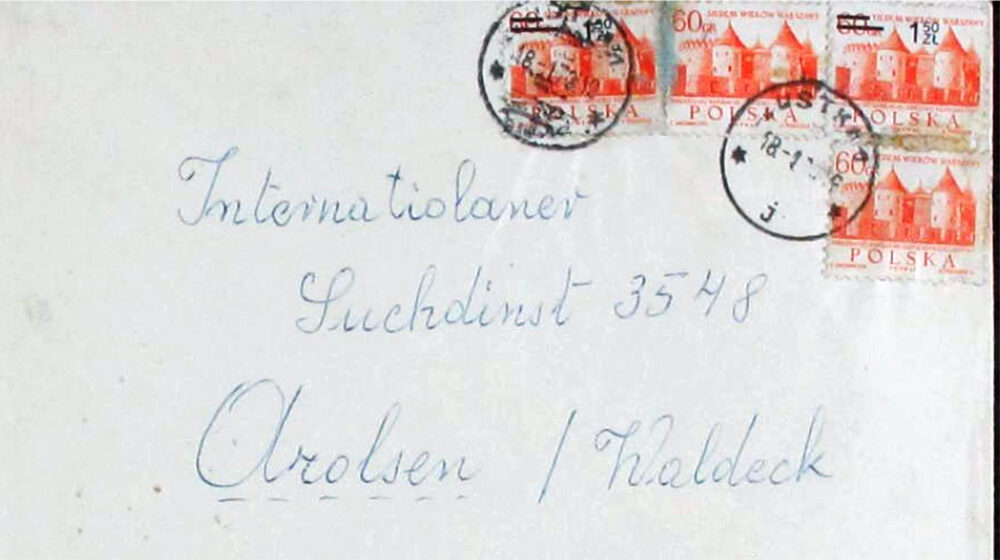
Arrested and locked up in various concentration camps – Alojzy Pawłowski was forced to spend a total of five years of his life in prison because he was queer.
Alojzy Pawłowski was born in Soły (Ashmyany district/Vilnius Voivodeship) in 1918.He was a Polish national, a Catholic, and a nurse by profession. At 22 years of age, he was sentenced to two years in prison for fornication with men, similar to his partner Jan Ratajczak.
It is written in the ruling: “Defendant 1 [Pawłowski] was employed as an auxiliary nurse from August 30, 1939, until May 28, 1940, […] at the city hospital in Poznań. In May 1940, he met defendant 2 [Ratjczak] at the hospital, who had been admitted there at the end of April with a foot injury. Without first alluding to his intentions in conversation, he lay down in bed with defendant 2 one night around the middle of May. He gripped defendant 2’s genitals, held his own against them, and played until […] he became stiff and ejaculation took place.”
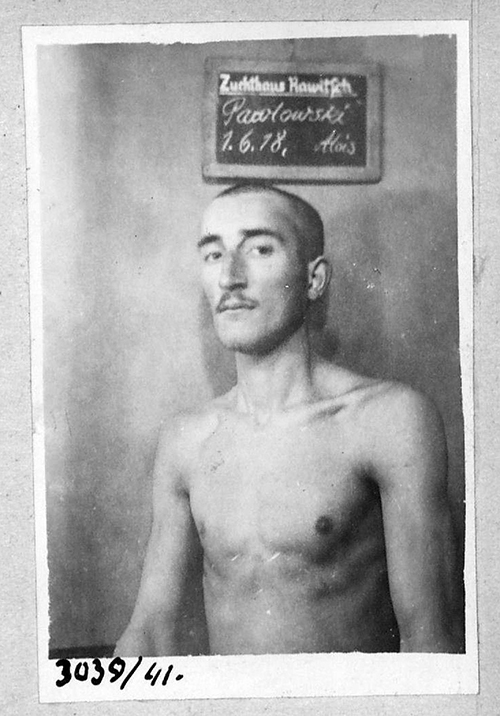
Alojzy Pawłowski in the Rawicz penitentiary, where he was imprisoned because of his homosexuality from August 9, 1940, onwards. Copyright: Archiwum Państwowe w Poznaniu
Special Court I of Poznań declared: “The term fornication in Paragraph 175 of the German Criminal Code (StGB) comprises not only coitus-like acts between men, but also any abuse of the body of another person of the same sex for sensual pleasure. As expressly determined by the law, the man who allows himself to be abused by another man for fornication is equal to the man who commits fornication with him. These elements of the crime are present in all three cases.”
Alojzy was also convicted based on Paragraph 174/3 and was considered the seducer: “It was to be taken into account during sentencing that the defendant [Pawłowski] acted as the seducer, and has a proclivity towards perverted fornication. He was therefore not allowed any mitigating circumstances. […] However, it was to be taken into account for the defendant [Ratajczak] that he was seduced into performing the act by the defendant [Pawłowski].”
From prison camp to concentration camp
He served his sentence in Poznań prison and, from August 9, 1940, in Rawicz penitentiary. He was moved to Rawicz prison camp in 1942. He was due to be released in June 1943, but the Gestapo took over.
In August 1942, Alojzy wrote a letter to his aunt, Maria Jankowska. He was curious as to whether his family was in good health. In this text, the censor at Rawicz underlined just a couple of sentences: “[Aunt], you have told me that you have spoken to Edward and that he recently got married. Thank you very much for the greetings, and I ask that you send a short note from me.” That was the last letter between Alojzy and his family. It is not known who Edward was, but Alojzy was once again punished due to this fragment of text.
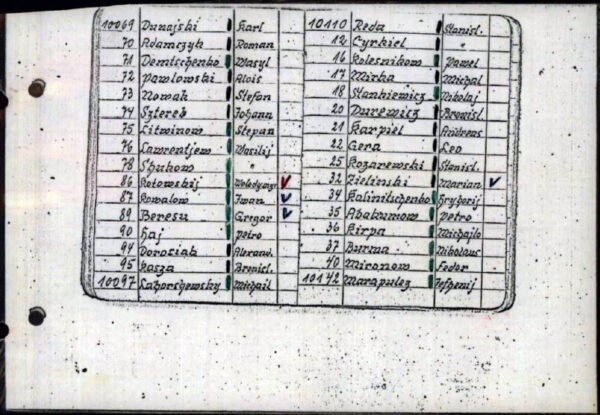
The diary of the Wolgast sub-camp of Ravensbrück concentration camp mentions Alojzy Pawłowski as prisoner number 10072 in an entry dated February 1, 1945.
In August 1943, the Gestapo transported him to Auschwitz concentration camp I, where he was assigned prisoner number 136627. One year later, he was taken to Ravensbrück concentration camp – then to Mittelbau-Dora concentration camp and Bergen-Belsen concentration camp, where he was freed.
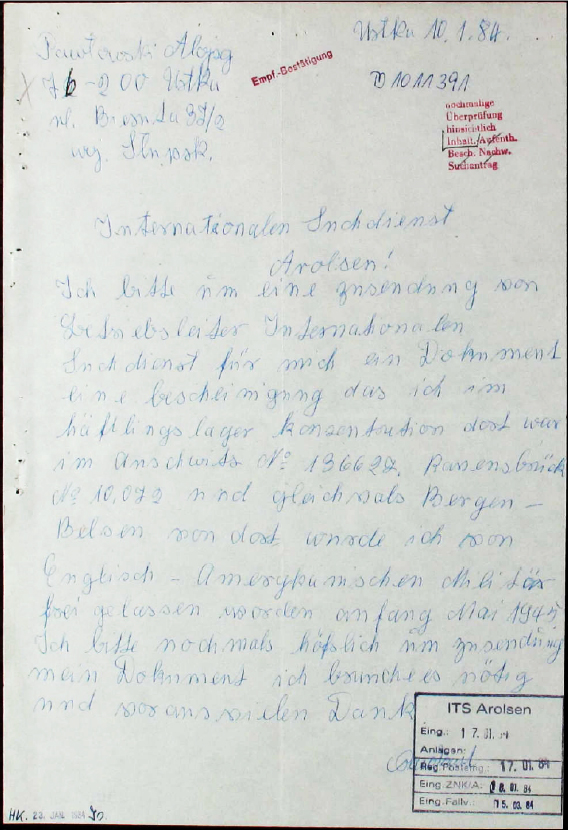
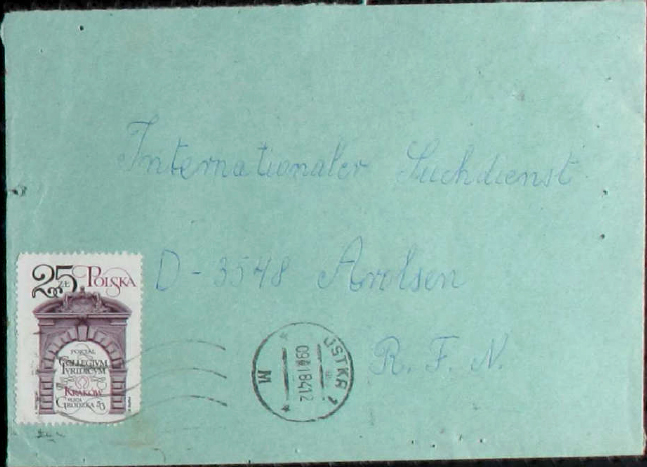
Pawłowski requested proof
Alojzy Pawłowski returned to Poland after the war and lived in Ustka. He wrote two letters to the Arolsen Archives, one in 1973 and another in 1984. He needed some kind of evidence that he had been a concentration camp prisoner in order to receive a pension.
The fate of Alojzy Pawlowski after 1984 is unknown, as is that of Jan Ratajczak.
A guest article by Joanna Ostrowska. The biography of Alojzy comes from her book “Oni. Homoseksualiści w czasie II wojny światowej” (Warsaw 2021).

